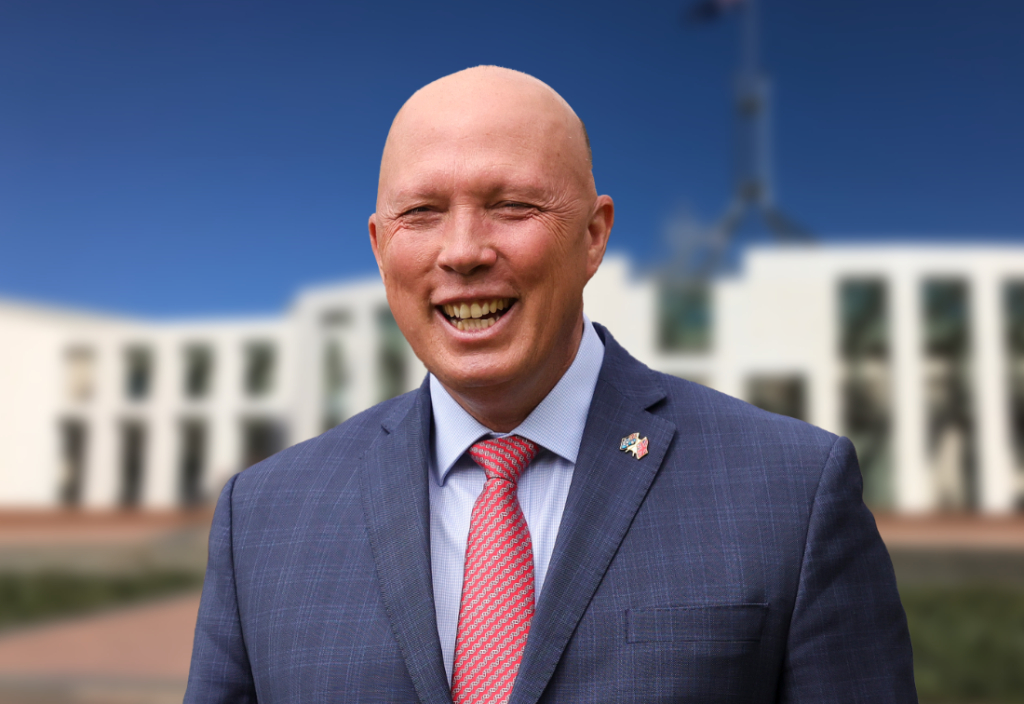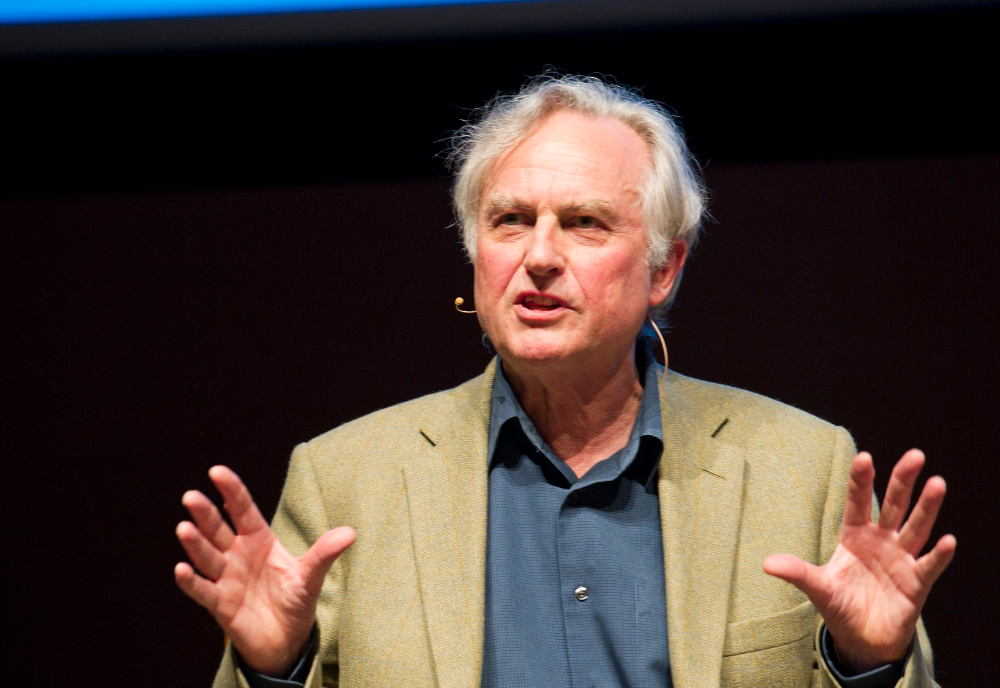Conscientious objection is defined, according to Peter Butt, as "an objection to partaking in certain forms of behaviour … on moral grounds". Such a belief "must be distinguished from a mere intellectual persuasion". Disagreeing with a particular course of action is not the same as conscientiously objecting to it. An objection based on conscience must be a moral objection.
There's a spectrum of opinion on the role that conscientious objection should play in healthcare. At one end of the spectrum is unmitigated use of conscientious objection. This is the usual or traditional approach to conscientious objection in the healthcare context. A doctor with a conscientious objection to a particular medical practice simply refuses to participate in that practice for reason of conscience.
The predominant criticism of such an unmitigated form of conscientious objection is that it essentially leaves the patient in the lurch. This is why an ‘obligation to refer’ is sometimes advocated.
Proponents of an ‘obligation to refer’ take the view that it is unacceptable to leave a patient in the lurch. They believe that the least a medical practitioner with a conscientious objection can do is refer the patient on to someone without a conscientious objection. Others oppose this approach on the basis that it renders those with a conscientious objection complicit in the act.
Further along the spectrum are those who take the view that conscientious objection should not be an option. These people, incl...
Blog
Related Posts
10
Jun
‘Heritage’ is no argument against change on parliamentary prayers
Editor’s note: If you would like to submit a letter for possible publication, please email it to editor@rationalist.com.au. See our ...
12
May
Will the Coalition ever learn to stop imposing religion on the public?
Editor’s note: If you would like to submit a letter for possible publication, please email it to editor@rationalist.com.au. See our ...
31
Mar
Support for scripture program highlights bias of politicians
Editor’s note: If you would like to submit a letter for possible publication, please email it to editor@rationalist.com.au. See our ...
28
Feb
Census decision undermines credibility of ABS
Editor’s note: If you would like to submit a letter for possible publication, please email it to editor@rationalist.com.au. See our ...
05
Jan
The trouble with ‘Islamophobia’
Editor’s note: If you would like to submit a letter for possible publication, please email it to editor@rationalist.com.au. See our ...
06
Dec
The Jacaranda bloom-bust parallels life
Editor’s note: If you would like to submit a letter for possible publication, please email it to editor@rationalist.com.au. See our ...
10
Nov
Recognising the right to have no religious belief
Editor’s note: If you would like to submit a letter for possible publication, please email it to editor@rationalist.com.au. See our ...
25
Oct
Hard-won human rights in grave peril at Queensland election
May Joh (Bjelke-Petersen) rest in peace. Queensland no longer deserves its historical reputation as the nation’s conservative capital.
...
03
Oct
Agnosticism the ‘only rational choice’
Editor’s note: If you would like to submit a letter for possible publication, please email it to editor@rationalist.com.au. See our ...
07
Sep
Charity for the rich
Editor’s note: If you would like to submit a letter for possible publication, please email it to editor@rationalist.com.au. See our ...
07
Aug
When all meaning is thrown overboard
Editor’s note: If you would like to submit a letter for possible publication, please email it to editor@rationalist.com.au. See our ...
05
Jul
Do religious schools still have a place in modern society?
Editor’s note: If you would like to submit a letter for possible publication, please email it to editor@rationalist.com.au. See our ...













